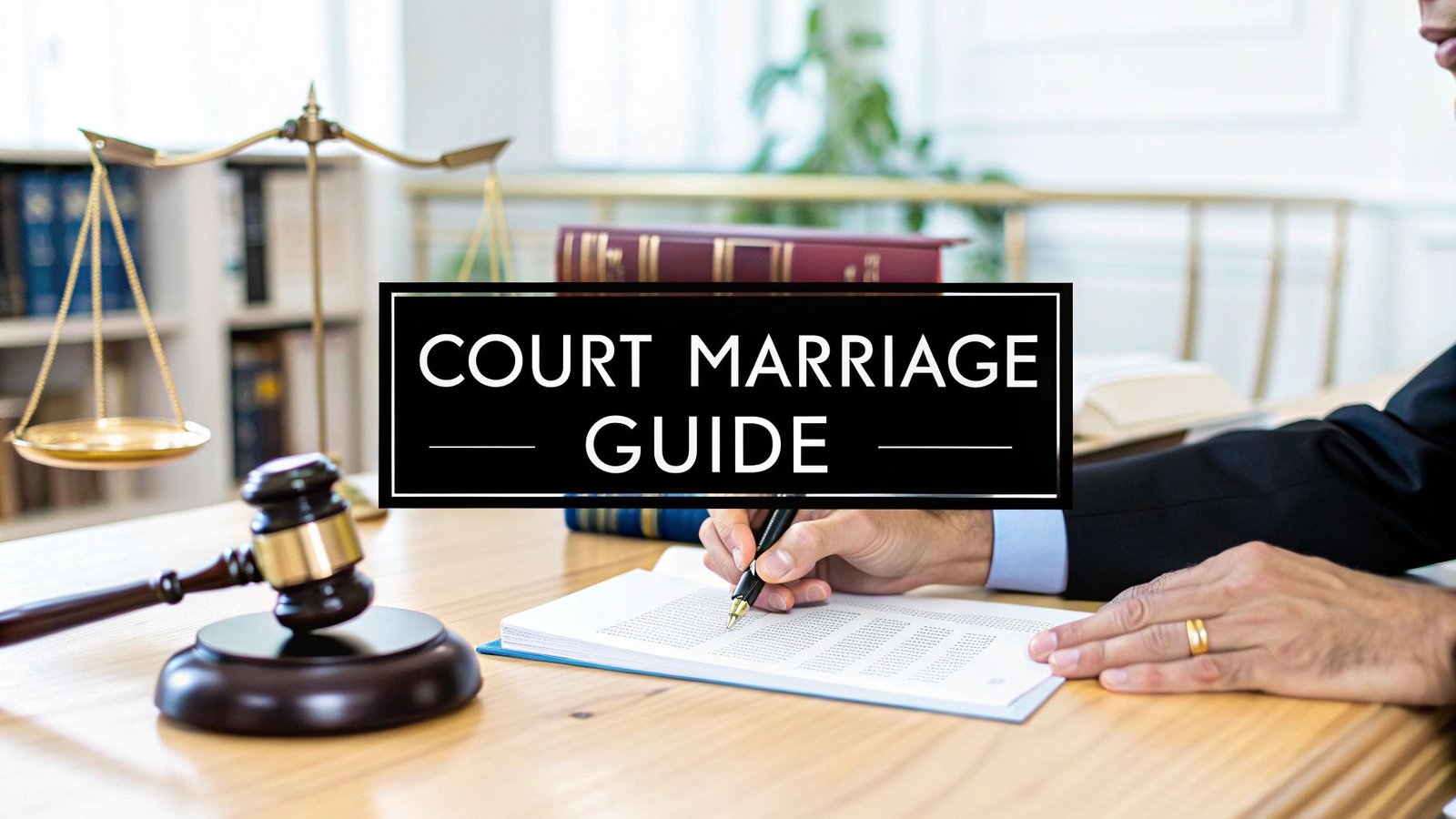It’s one of those things we tend to put off, like that pile of laundry you’ve been ignoring (you know who you are!). But trust me, creating a will is one of the most important things you can do for your loved ones.
It’s like that warm fuzzy feeling of having all your bills paid – except this feeling lasts a lifetime for your family. In India, a will is your legal voice after you’re gone.
It dictates how your hard-earned essential assets will be distributed, ensuring your wishes are respected and your family is taken care of. But here’s the catch – simply having a will is NOT enough.
You need to make sure it includes all your essential assets. Miss something, and you leave room for potential disputes and confusion.

Get a Will delivered to your doorstep
Essential Assets to Include in A Will in India are:
- Real Estate
- Bank Accounts
- Stocks, Bonds, and Mutual Funds
- Life Insurance Policies
- Retirement Funds (Provident Fund, Pension Plans)
- Vehicles
- Jewellery and Valuables
- Digital Assets
- Personal Belongings
- Debts and Liabilities
Let’s break it down:
1. Real Estate
This is a biggie! Your will should identify all properties you own – your primary residence, that vacation home in Goa you’ve always dreamed of, or any commercial spaces you might have. Include complete addresses, property descriptions, and any relevant ownership documents.
Why it’s crucial: Real estate is often a family’s most valuable asset. Clearly stating its distribution in your will prevents potential disputes among your heirs.
2. Bank Accounts
Savings accounts, fixed deposits, recurring deposits – list them all! Include the bank name, branch, account number, and type of account.
Why it’s crucial: This ensures your family has immediate access to funds to cover expenses and manage finances during a difficult time.
3. Stocks, Bonds, and Mutual Funds
Don’t forget about your investments! Mention your Demat account details, the types of securities you hold, and the respective quantities.
Why it’s crucial: These assets can fluctuate in value. A will ensures they are distributed according to your wishes, preventing potential financial loss for your family.
4. Life Insurance Policies
This is a must-have in your will. Specify the policy provider, policy number, and the nominated beneficiaries.
Why it’s crucial: Life insurance payouts can be a financial lifeline for your family after you’re gone. Listing them in your will ensures these funds reach the intended recipients.
Get Your Will Started Today!
5. Retirement Funds (Provident Fund, Pension Plans)
Include details of your Employee Provident Fund (EPF), Public Provident Fund (PPF), and any pension schemes you’ve invested in.
Why it’s crucial: These funds are meant to support your family in your absence. Ensure their smooth transfer by clearly mentioning them in your will.
6. Vehicles
For cars, bikes, and even vintage scooters you love, mention the registration details and ownership documents.
Why it’s crucial: While not always high-value, vehicles are still assets. Including them in your will avoids any confusion regarding their ownership.
7. Jewellery and Valuables
This includes family heirlooms, gold, diamonds, precious stones, and any other items of significant value. It’s a good idea to create a separate inventory list with detailed descriptions and photographs.
Why it’s crucial: Jewellery often holds sentimental and financial value. A will ensures these precious items are passed on according to your wishes.
8. Digital Assets
In today’s digital age, this is non-negotiable. Include online accounts, social media profiles, cryptocurrency wallets, domain names, and any other digital properties you own.
Why it’s crucial: Digital assets have real-world value and sentimental significance. Your will should provide instructions on how to manage them after you’re gone.
9. Personal Belongings
Furniture, artwork, books, collectables – you might not want to list every single item, but mention any items with significant value or sentimental importance and how you’d like them distributed.
Why it’s crucial: This prevents disagreements among your heirs and ensures your cherished possessions go to the people you want them to.
10. Debts and Liabilities
Be transparent about any outstanding loans, mortgages, or debts. This helps your executor manage your estate effectively.
Why it’s crucial: Including liabilities ensures a clear financial picture of your estate and helps your family avoid any unexpected burdens.

Making Your Will Rock Solid
- Register Your Will: Registration isn’t mandatory in India, but it adds a layer of authenticity and makes it harder to challenge. Although, its not compulsory.
- Appoint an Executor: This is the person who will carry out your wishes as stated in the will. Choose someone trustworthy and capable.
- Get Witnesses: Two witnesses are required for a will to be valid in India. Make sure they are not beneficiaries.
- Review Regularly: Life throws curveballs! Review and update your will periodically, especially after major life events like marriage, divorce, or the birth of a child.
Don't DIY This One, Folks!
Writing a will might seem straightforward, but it has legal implications. It’s always best to seek professional help.
We can guide you through the entire process, ensuring your will is legally sound and reflects your wishes accurately.
Ready to secure your family’s future? Contact us today for expert assistance with will creation and registration.
Remember, a well-drafted will is the best gift you can leave your loved ones. It provides them with financial security and peace of mind during a difficult time.
FAQs
Is it really necessary to have a will in India?
Yes, especially if you want to have control over how your assets are distributed after you're gone. Without a will, the distribution will be governed by succession laws, which may not align with your wishes. A will also help prevent family disputes and ensure your loved ones are taken care of.
What happens if I have assets overseas? Should those be in my Indian will?
It's best to have a separate will for assets in another country. This is because different countries have different laws regarding inheritance. Consult with legal experts in both India and the country where you hold assets to ensure everything is properly covered.
Can I write my will myself, or do I need a lawyer?
Technically, you can write your own will in India. However, it's strongly recommended to seek legal advice. A lawyer can help you navigate the legal complexities, ensure your will is valid, and avoid potential pitfalls that could lead to disputes later on.
I have some cryptocurrency. How do I include that in my will?
Digital assets like cryptocurrency are a relatively new area, but they are considered assets. In your will, you should:
- Identify your crypto holdings: List the types of cryptocurrency you own (Bitcoin, Ethereum, etc.), the amount, and where it's held (exchange, wallet, etc.).
- Provide access information: Include secure access details to your wallets or accounts, like passwords or private keys. However, be cautious about how you store this sensitive information. Consider using a secure digital vault or discussing secure options with your lawyer.
- Give clear instructions: Specify how you want your cryptocurrency to be distributed or managed.
What about my social media accounts? Can I include those?
Yes, you can! While social media accounts may not have direct monetary value, they often hold sentimental value or may even be linked to business activities. You can specify in your will whether you want your accounts memorialized, deleted, or transferred to someone else.
Should I include my life insurance policy in my will if I've already nominated beneficiaries?
It's still a good idea to mention your life insurance policies in your will, even with nominated beneficiaries. This provides a clear record and can help avoid confusion in case of any discrepancies or disputes.
How often should I update my will?
It's a good practice to review your will every few years or after any major life event (marriage, divorce, birth of a child, significant change in assets, etc.). This ensures your will always reflects your current wishes.
Where should I keep my will after it's written?
Keep your will in a safe place and inform your executor and trusted family members about its location. You can consider options like a bank locker, a fireproof safe at home, or even depositing it with the local court.
What is probate, and will my family have to go through it?
Probate is the legal process of validating a will and distributing assets. The complexity of probate can vary depending on the contents of the will and the nature of the estate. A well-drafted will can help streamline the probate process for your family.
I'm young and healthy. Do I need a will right now?
It's never too early to create a will. Accidents and unexpected events can happen at any age. Having a will provides peace of mind knowing that your affairs are in order, no matter what life throws your way.
About the Author
Utkarsh Srivastava, founder of award-winning Adjuva Legal, is a renowned divorce consultant with vast experience serving clients globally, particularly in India. He’s a Harvard-trained professional committed to providing high-quality, affordable legal services, exemplified by his pioneering Free Legal Aid Program in India.







